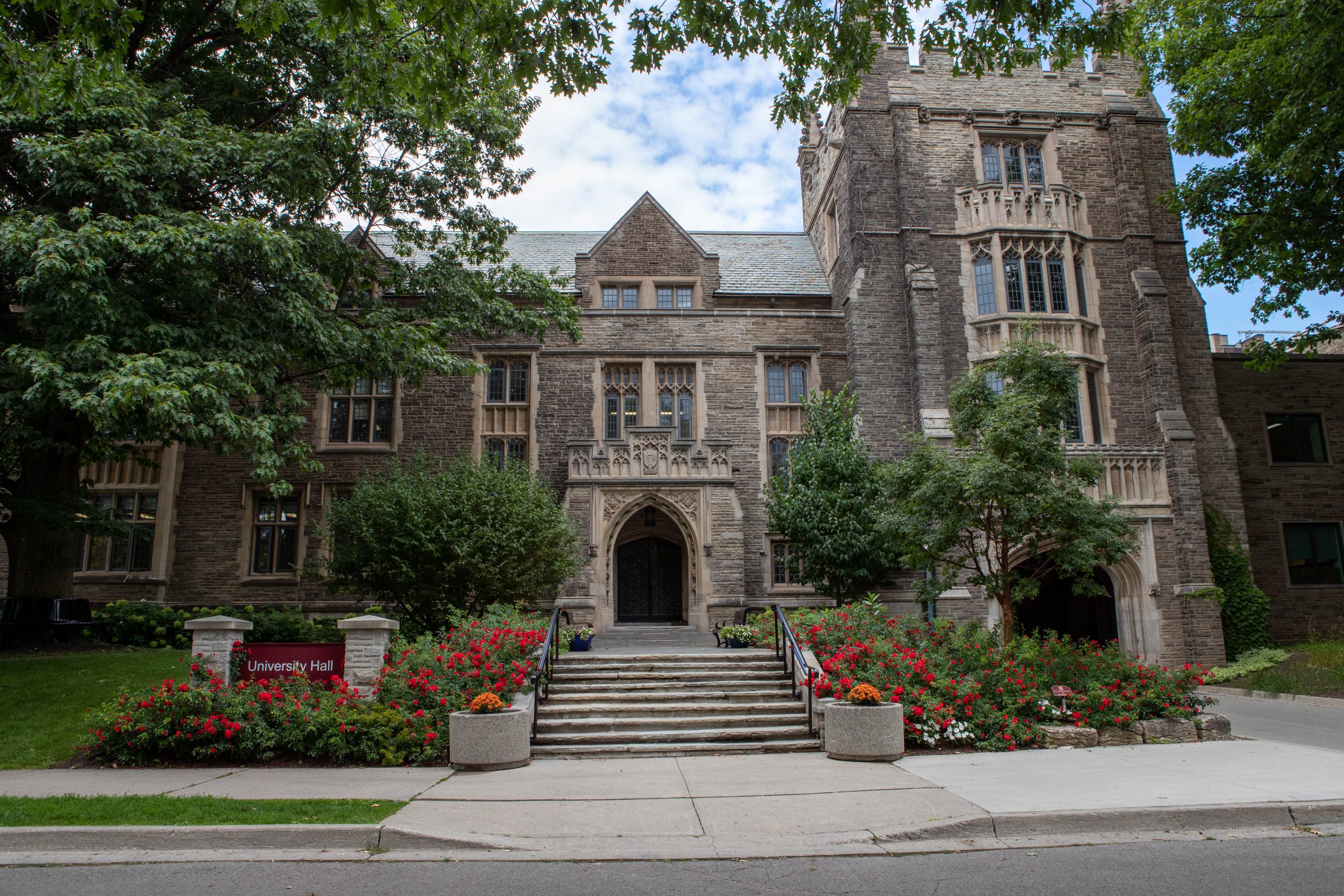COVID-19: The fast-moving crisis and response at McMaster

Alison Sills, MUFA President
I started planning this article in the morning of Thursday March 12th. At that point, the word at McMaster was the university was working in a ‘business as usual’ mode, but please wash your hands a lot. By lunch time, I was providing comments on a plan to cancel classes and exams a few weeks hence, and before dinner, the Ontario government closed all elementary and secondary schools until April 5th and our prime minister was in self-isolation. And this morning, we learned that all face-to-face classes and exams are cancelled for this term.
No matter where we are in this crisis, there are a few overarching principles that should guide our response, both individually and as an institution. Here is my personal summary:
- Panic isn’t helpful. Vigilance and preparedness are. Extra toilet paper won’t help, unless you run out of Kleenex. Soap and water are really good ideas.
- The health of our community is the top priority. We’ll need to be flexible in a whole bunch of ways to keep that community healthy. It isn’t ideal to cancel exams and reweight marks in a course at the last minute. But it can be done carefully and thoughtfully. We can find a way to provide students with a reasonably accurate assessment of their performance in our courses, without being unduly proscriptive or hard on the students. Fortunately this flexibility is already built into our course outlines with the Extreme Circumstances clause. You should do whatever makes the most sense for your course and your students.
- Communication is key. This is always true, but even more so during a crisis. Communicate with your students and colleagues often, and make sure that your information is accurate and up to date. Reach out to people you trust and ask questions (mufa@mcmaster.ca…. Just saying).
- All changes will likely increase our workload in the short term, and may pose additional problems for anyone with a need for accommodations. In addition, many of us are now juggling child care needs at a time when groups are not recommended. Or we have aging parents who may be hit harder by this virus, and who may not live near Hamilton. A crisis is a stressful time. Remember point #2: the health of our community includes YOUR health. Give yourself the permission to also be flexible in your own life. Do what you need to get through this, and make use of the many resources that McMaster can provide.
- After this crisis is over, we will need to continue to be flexible. Our research may suffer as we turn our attention to other things right now – our chairs know they may need to provide a little more support when they’re writing up our tenure report. Our students may not have quite the background you expect when they appear in your course next year – spend a little more time bringing them up to speed.
On the positive side, maybe we’re learning some useful things during this crisis. Maybe we’ll find some cute online resources that will help our teaching. Maybe we’ll finally work up those notes in PowerPoint. Maybe we’ll discover that WebEx meetings are great and we can reduce our carbon footprint. I know we’ll find that the McMaster community is tight-knit and supportive, and that we’ll get through this together.
Now go wash your hands.
MUFA News